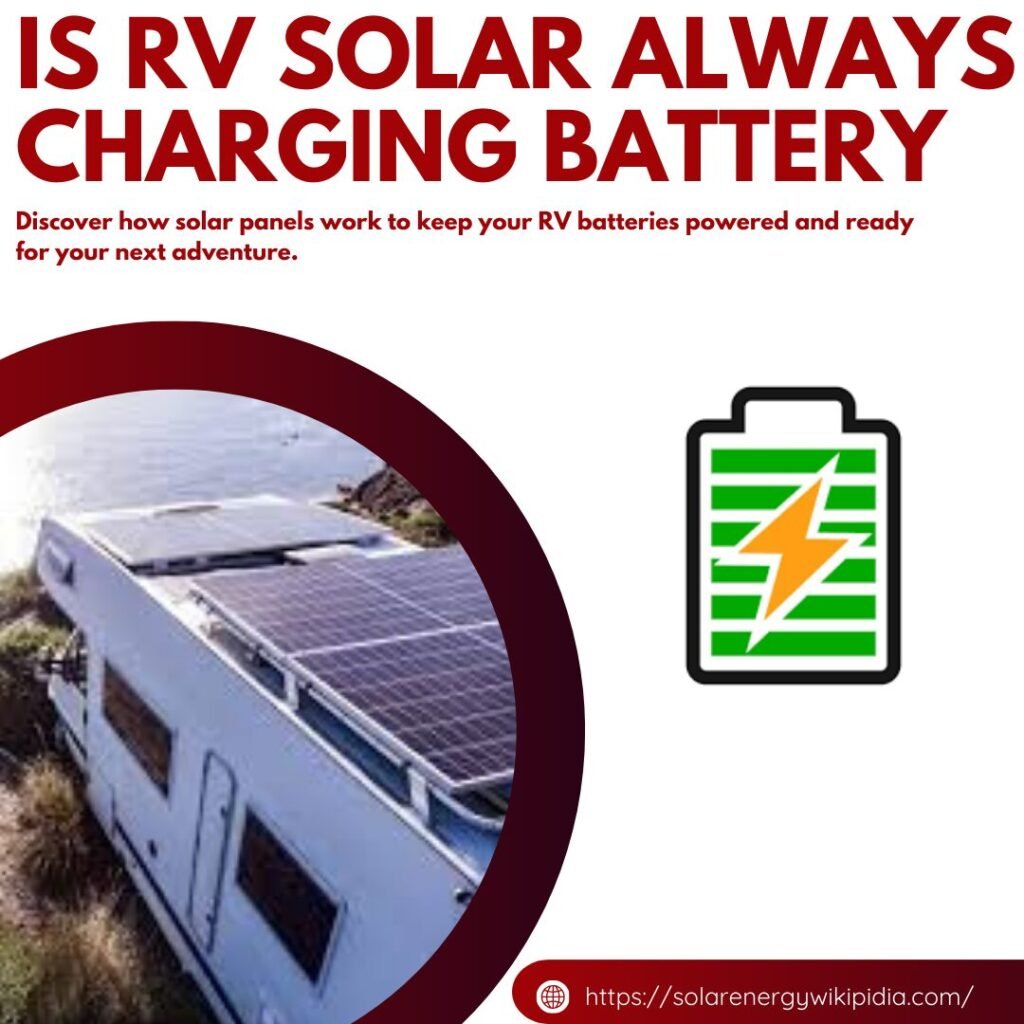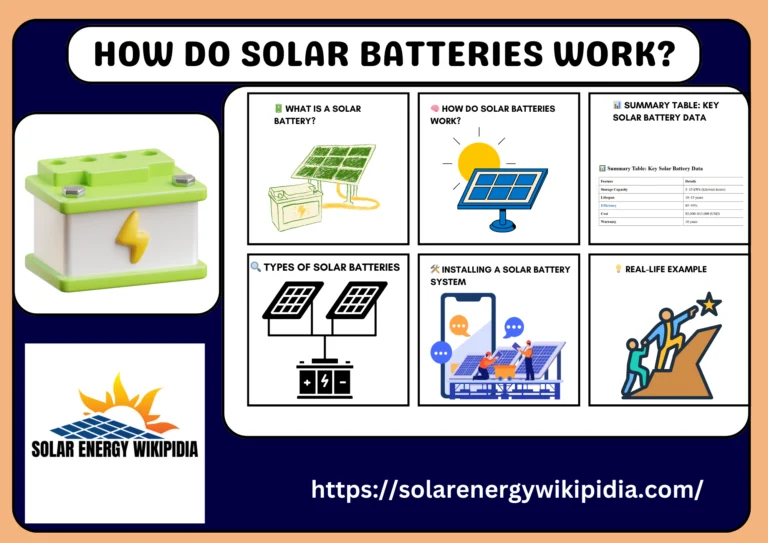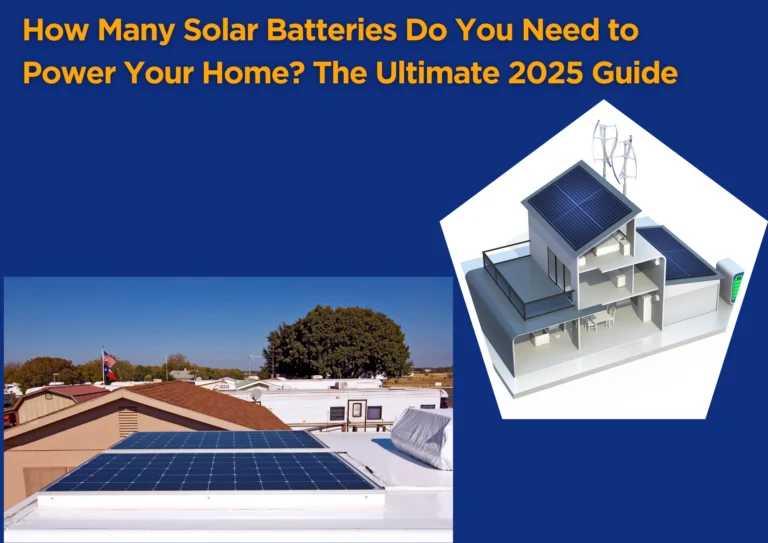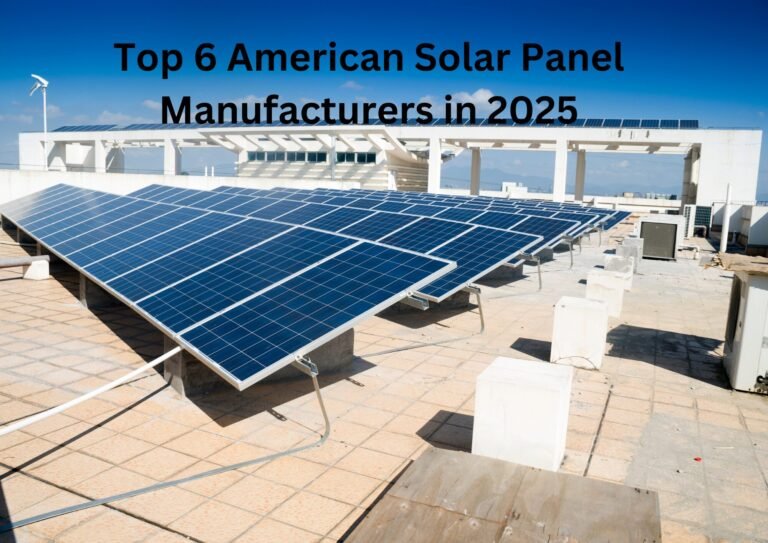
Is RV solar always charging the battery? Discover how solar panels work to keep your RV batteries powered and ready for your next adventure.
Have you ever woken up to a dead battery in your RV, despite having solar panels installed? Many RV owners face this frustrating situation, discovering that their solar setup is not providing the constant charge they expected. Whether you are boondocking in remote locations or parked at a campsite, maintaining reliable power is crucial for your comfort and peace of mind.
The uncertainty of whether your solar panels are effectively charging your batteries can turn your dream adventure into a stressful experience. Understanding how and when your RV solar system charges your batteries is essential for preventing these power-related headaches.
Table of Contents
How Solar Panels Work in an RV: A Complete Guide
Solar panels on your RV are like tiny power plants that turn sunlight into electricity for your adventures. When sunlight hits these panels, they create direct current (DC) electricity through special materials called photovoltaic cells. This electricity flows through wires to a charge controller, which manages the power to prevent damage to your batteries. The controller then sends the right amount of power to charge your RV batteries, which store the energy for when you need it.
Your RV’s solar system needs a few key parts to work properly besides just the panels on the roof. The charge controller acts like a traffic cop, making sure your batteries do not get too much or too little power. An inverter changes the stored DC power into AC power, which is what most of your appliances use inside the RV. Together, these components create a mini power station that lets you enjoy modern comforts while camping off the grid.
Can Solar Panels Overcharge an RV Battery?
While solar panels can technically overcharge your RV battery, most modern systems have built-in protection to prevent this from happening. The key component that stops overcharging is your charge controller, which acts like a smart guard for your batteries. When your batteries reach their full charge, the controller automatically reduces or stops the flow of power from your solar panels.
This smart technology means you can relax and enjoy your trip without worrying about damaging your batteries from too much solar power.
Factors Affecting Solar Battery Charging Performance
Weather and Environmental Conditions
The weather plays a huge role in how well your RV’s solar panels charge your batteries each day. Cloud cover can reduce charging efficiency by up to 90%, making it hard to keep your batteries topped up. Dust, dirt, and debris on your panels can block sunlight and decrease their charging performance significantly. Even the angle of the sun changes with the seasons, affecting how much power your panels can generate throughout the year.
System Components and Set up
The quality and size of your solar panels directly impact how much power they can deliver to your batteries. A properly sized charge controller is essential to manage the flow of electricity and prevent charging problems.
The condition and age of your batteries affect how well they accept and store the charge from your solar panels. Even the thickness and quality of your wiring can make a difference in how efficiently power flows through your system.
Cost-Effective Solar Charging Solutions
Starting your RV solar setup can be affordable with today’s budget-friendly options. Many beginners find success with a basic 100-watt solar kit that handles essential power needs. Shopping during seasonal sales and choosing reliable budget brands can help you build a capable system without breaking the bank. Most RVers can get started with under $500 for a basic setup.
| Solution | Cost (USD) | Usage |
| Basic Kit | $150-300 | Weekend camping |
| Mid-Range | $500-800 | Regular use |
| Full Setup | $1000+ | Full-time RV’s |
The Role of Sunlight in RV Solar Battery Charging
The Basics of Solar Energy
Your RV’s solar panels need direct sunlight to create electricity for charging your batteries. Think of sunlight as tiny energy packets called photons hitting your solar panels throughout the day. These photons excite the electrons in your solar panels, creating an electric current.
This current flows to your batteries through the charge controller, giving you power for your adventures.
Peak Sun Hours Matter
Not all daylight hours provide the same charging power for your RV’s solar system. The strongest charging happens during peak sun hours, typically between 10 AM and 2 PM. During these hours, your panels receive the most direct and intense sunlight. This is when your batteries will charge most efficiently, so plan your power usage accordingly.
Seasonal Sun Changes
Winter brings shorter days and a lower sun angle, reducing your solar panels’ charging ability. Summer offers longer days and more direct sunlight, making it the best season for solar charging. Your panels might need different angles throughout the year to catch the most sunlight. Understanding these seasonal patterns helps you manage your power expectations.
Weather’s Impact
Clouds act like a filter, reducing the amount of sunlight reaching your solar panels. Heavy cloud cover can cut your charging efficiency by up to 90% on really gray days. Light clouds or haze will have less impact but still reduce your charging performance. Having a backup plan for cloudy days helps ensure you do not run out of power.
Geographic Location
Where you park your RV greatly affects your solar charging success. Southern states generally receive more intense sunlight throughout the year. Northern locations experience more seasonal variation in sunlight availability. Coastal areas might deal with more marine layer clouds than inland spots.
Shade Considerations
Trees, buildings, and other obstacles can create shadows that dramatically reduce charging. Even partial shade on one panel can affect the performance of your entire solar array. Moving your RV to avoid shadows during peak charging hours maximizes your solar efficiency. Regular checking for shade patterns helps you find the best parking spots.
Time of Day Effects
Morning and late afternoon sun provides less charging power than midday sun. Your solar panels work hardest during the middle hours of the day. Evening sunlight offers minimal charging as the sun’s angle becomes too low. Understanding these daily patterns helps you plan your power usage better.
Panel Orientation
The angle and direction of your solar panels determine how much sunlight they can capture. Facing your panels south (in the Northern Hemisphere) typically provides the best results. Adjustable panels let you maximize sun exposure as the seasons change.
This flexibility helps you get the most from your solar investment.
Conclusion
RV solar panels charge your batteries whenever there is sunlight. However, factors like cloudy weather, shade, and dirty panels can reduce charging efficiency. At night, your batteries will not receive any solar charge. Having a charge controller helps protect your batteries from overcharging during peak sun hours. While solar is a reliable power source for RVs, it is smart to have backup charging methods like shore power or a generator for times when sunlight is not enough.
FAQs: Is RV Solar Always Charging Battery
Does RV solar charge batteries at night?
No, solar panels only charge batteries when there is sunlight available.
Will my RV batteries charge on cloudy days?
Yes, but at a much lower rate – usually only 10-25% of their normal charging capacity.
How do I know if my RV solar is charging the batteries?
Check your charge controller display – it will show the current power input and battery voltage levels.
Can RV solar panels overcharge my batteries?
No, a proper charge controller prevents overcharging by regulating the power flow to your batteries.
Do I need to clean my RV solar panels for better charging?
Yes, dirty panels can reduce charging efficiency by up to 30%, so regular cleaning helps maintain optimal charging.








2 thoughts on “Is RV Solar Always Charging Battery”